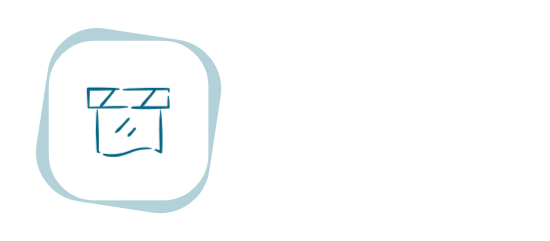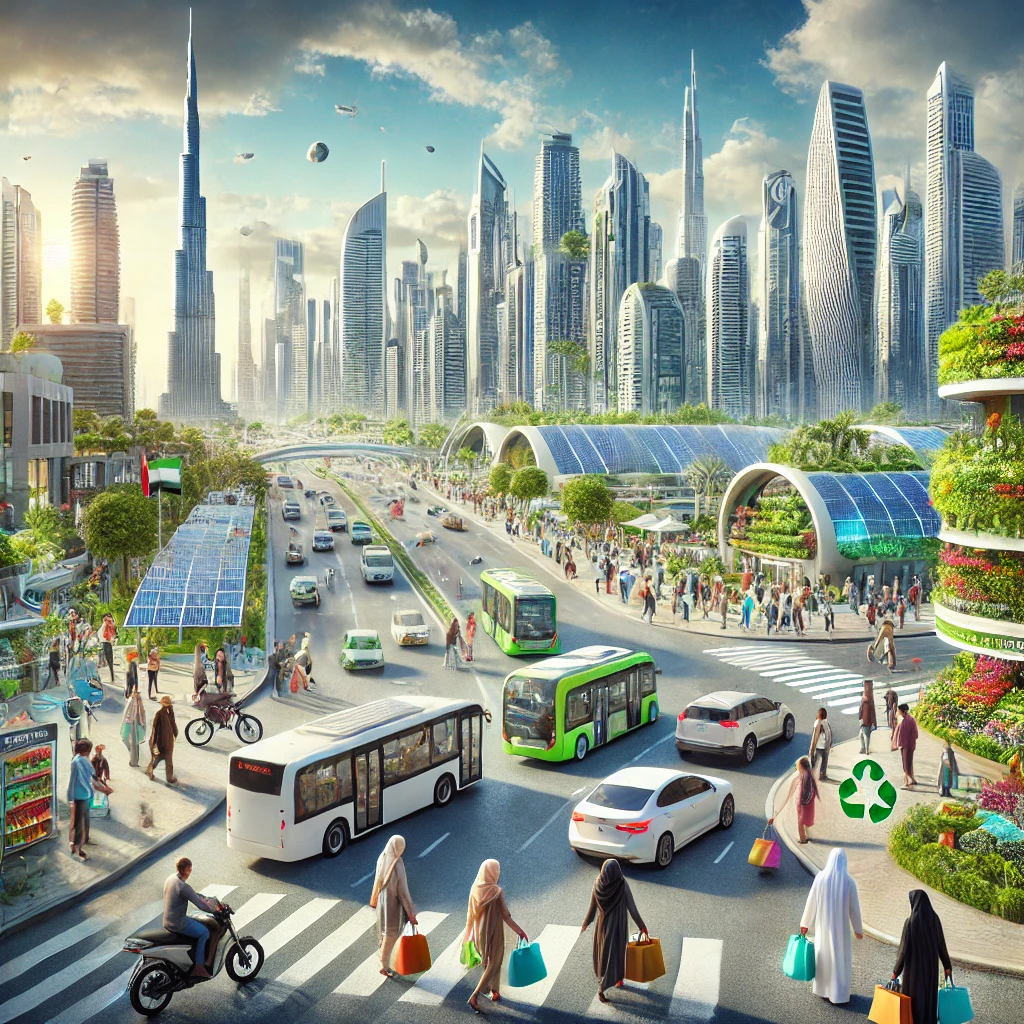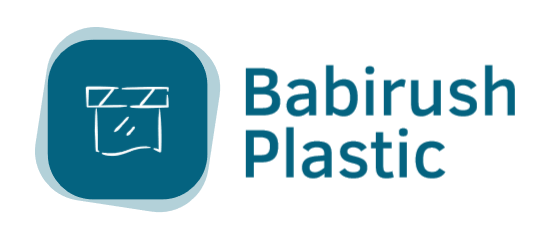The Urgent Need for Environmental Reform
In 2024, the United Arab Emirates took decisive action to mitigate environmental pollution by enforcing sweeping regulations designed to curb the use of single-use plastics in Dubai. These initiatives aim to decrease the proliferation of plastic waste, which is a severe threat to both terrestrial and marine ecosystems.
Comprehensive Regulation Timeline
Here’s a detailed timeline reflecting the progression of Dubai’s plastic consumption regulations:
| Year | Regulation | Details |
|---|---|---|
| 2022 | Initial Ban on Single-Use Plastic Bags | Ban on plastic bags less than 57 micrometers thick, primarily in retail settings. |
| 2024 | Comprehensive Ban on All Single-Use Plastic Bags | Full enforcement of the ban from January 1, 2024, covering all types of plastic bags. |
| 2024 | Expanded Scope of Ban | Includes all single-use plastic products, with phased enforcement specific to product types extending through 2026. |
| 2024 | Implementation of Public Awareness Campaigns | Dubai Municipality leads educational campaigns to promote reusable products and recycling practices (GulfNews). |
| 2025 | Specific Ban on Certain Single-Use Plastic Products | Prohibition of products like food containers, cups, and cutlery starting January 1, 2025 (Middle East Insights). |
| 2026 | Additional Bans on Single-Use Plastic Products | Includes plastic plates and some types of cups effective from January 1, 2026 (Middle East Insights). |
Educating and Engaging the Public
Dubai Municipality has spearheaded extensive public engagement campaigns to educate residents and businesses about these new policies through the #DubaiMoreSustainable campaign, promoting reusable products and sustainable practices. These efforts are crucial for ensuring the successful transition towards a less plastic-dependent society (GulfNews).
Extending the Regulatory Framework
These regulations also encompass the import, sale, and distribution of single-use products across all zones of Dubai, including free zones and special development areas, with significant fines imposed for non-compliance. This comprehensive legal framework reflects the government’s commitment to reducing plastic waste and serves as a potential model for other regions aiming to enhance their environmental sustainability practices (Middle East Insights).
Staged Implementation and Practical Exemptions
The legal framework introduces a phased approach, allowing businesses and consumers to adjust to new norms gradually. Essential exemptions for items like bread bags and trash bin liners are maintained for practical and hygiene reasons, ensuring minimal disruption to daily life while still promoting environmental goals (GulfNews).
Conclusion: A Model for Global Sustainability
This initiative not only protects the environment but also fosters a global shift towards sustainable practices, positioning Dubai as a leader in environmental reform. By enacting these comprehensive bans and cultivating a culture of sustainability, Dubai is not only safeguarding its own ecosystems but also setting a precedent for other cities and countries to follow. The strategic planning and community involvement highlighted in these initiatives emphasize the importance of comprehensive policies in achieving long-term sustainability goals (GulfNews) (Middle East Insights).
This enhanced content integrates both narrative and data, providing a clearer, more engaging overview of Dubai’s environmental policies. The inclusion of direct references to sources ensures transparency and provides a pathway for readers seeking more detailed information.



